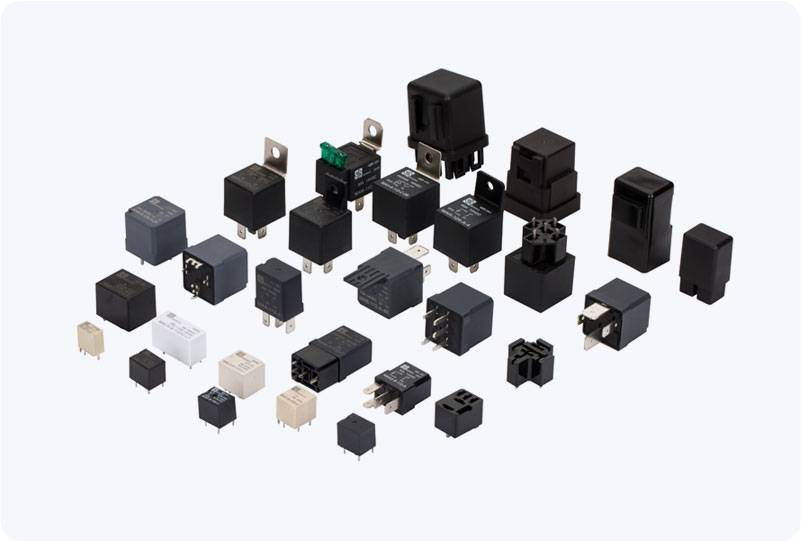
Ground Fault Protection Relays (GFPRs) are crucial components in electrical protection systems, designed to detect and respond to ground faults in power distribution networks and industrial systems. A ground fault occurs when an unintended connection between an electrical system and the ground is formed, potentially leading to severe equipment damage, fire hazards, or even injury. The primary function of a GFPR is to monitor the system, detect any abnormal ground fault conditions, and take protective actions to minimize the risk to both equipment and personnel. This article delves into the importance of Ground Fault Protection Relays, their working principles, applications, and how they ensure the reliability of modern electrical systems.
